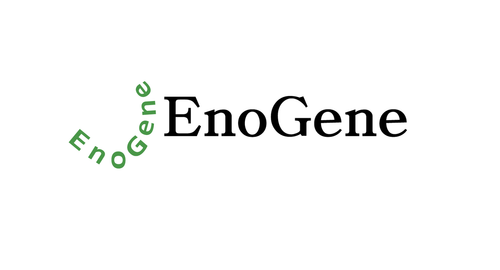Product Description
VTCN1 Antibody | 7189 | ProSci
Host: Rabbit
Reactivity: Human, Mouse
Homology: Predicted species reactivity based on immunogen sequence: Rat: (83%)
Immunogen: Rabbit polyclonal VTCN1 antibody was raised against an 18 amino acid peptide near the center of human VTCN1.
The immunogen is located within amino acids 70 - 120 of VTCN1.
Research Area: Innate Immunity
Tested Application: E, WB
Application: VTCN1 antibody can be used for detection of VTCN1 by Western blot at 1 - 2 μg/mL.
Antibody validated: Western Blot in mouse samples. All other applications and species not yet tested.
Specificiy: N/A
Positive Control 1: Cat. No. 1287 - EL4 Cell Lysate
Positive Control 2: N/A
Positive Control 3: N/A
Positive Control 4: N/A
Positive Control 5: N/A
Positive Control 6: N/A
Molecular Weight: Predicted: 31 kDa
Validation: N/A
Isoform: N/A
Purification: VTCN1 Antibody is affinity chromatography purified via peptide column.
Clonality: Polyclonal
Clone: N/A
Isotype: IgG
Conjugate: Unconjugated
Physical State: Liquid
Buffer: VTCN1 Antibody is supplied in PBS containing 0.02% sodium azide.
Concentration: 1 mg/mL
Storage Condition: VTCN1 antibody can be stored at 4˚C for three months and -20˚C, stable for up to one year.
Alternate Name: VTCN1 Antibody: B7X, B7H4, B7S1, B7-H4, B7h.5, VCTN1, PRO1291, UNQ659/PRO1291, V-set domain-containing T-cell activation inhibitor 1, Immune costimulatory protein B7-H4
User Note: Optimal dilutions for each application to be determined by the researcher.
BACKGROUND: VTCN1 Antibody: T cell immunity plays a critical role in host immune surveillance of tumour cell growth and metastatic spread. VTCN1, also known as B7-H4, is a member of the B7 family of immune regulatory molecules. Expressed primarily on the membrane of lymphoid cells, VTCN1 is an immunoinhibitory protein that interacts with receptors on the surface of T lymphocytes, thus mediating cellular and humoral immune responses. Overexpression of VTCN1 is associated with certain malignancies, including ovarian and breast cancer, which may be a mechanism by which tumour cells suppress T cell immunity and facilitate tumour progression. VTCN1 may thus be a useful biomarker for the early detection of ovarian cancer.
 Euro
Euro
 USD
USD
 British Pound
British Pound
 NULL
NULL














